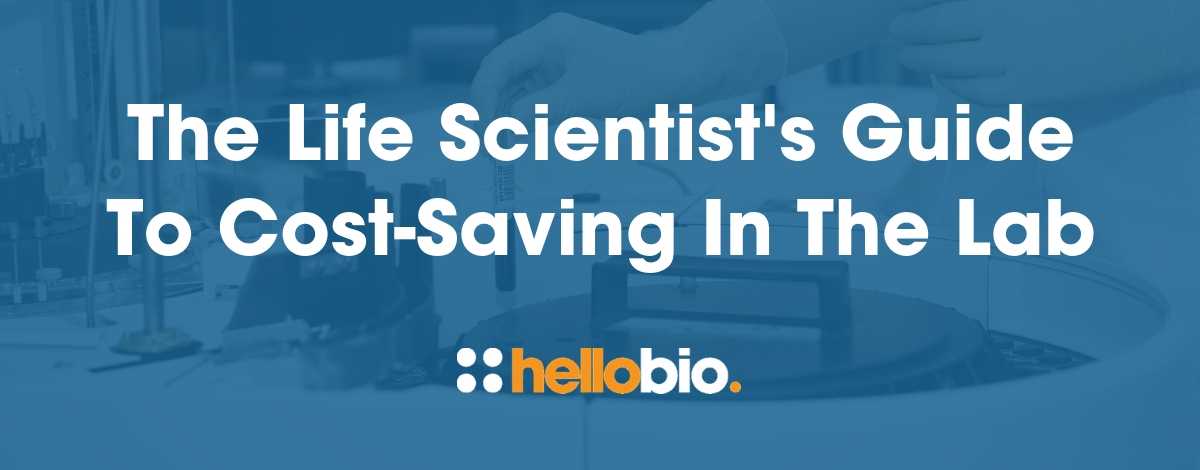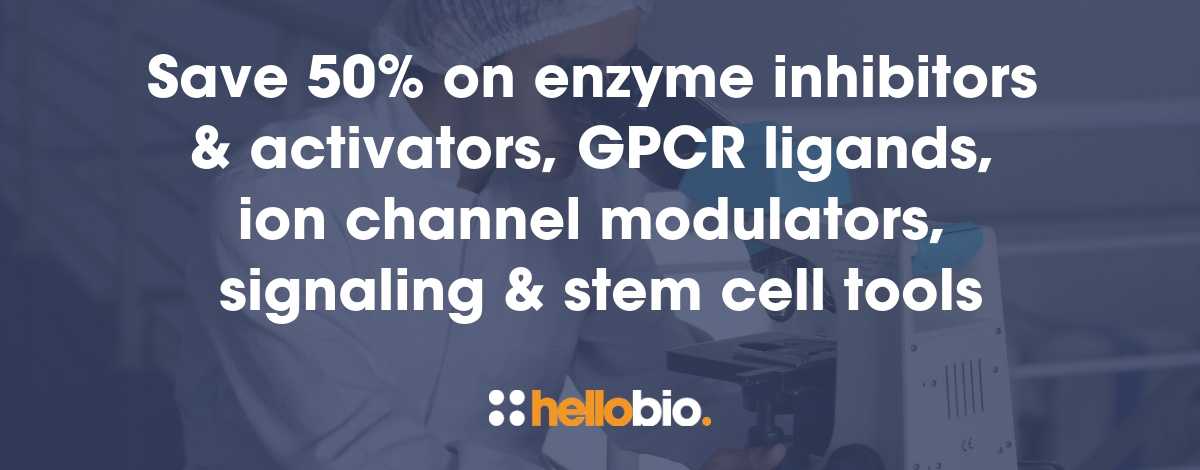Why We Need to Make Biomedical Research More Open
By Bronwen Martin
PubMed contains more than 29 million citations and billions of euros/dollars have been spent on funding biomedical research. So many advances have been made thanks to biomedical research. Yet, considering this multi-billion euro/dollar investment in biomedical research, have we really maximized its impact upon society? This is a question that we all have to ask ourselves.
If, tomorrow, you are diagnosed with a life-threatening disease such as ovarian cancer, dementia, Parkinson’s disease, etc. the odds are stacked against you as there are currently no effective treatments. Why is this? Is it because of a lack of brain power or funding? Possibly, possibly not. I would argue that it’s because of the way biomedical research is organized. Most diseases are complex and difficult to cure, but the current inefficient structure of biomedical research is hampering the search for effective treatments.
Biomedical researchers are far too often stuck in an endless cycle of writing/submitting grants and papers. There is an enormous emphasis on publishing papers, and universities and grant funders evaluate “productivity” by specific publication outputs (high impact factor journals, number of publications and citations). The actual nature of the work and the potential benefits for society are not the most important criteria in biomedical science appreciation. The repetition of incremental science advances in ever more esoteric niches is becoming the norm. This current biomedical research environment is not conducive for creating real societal impact.
We need to create a more healthy and effective biomedical research environment, where Open Science, Societal Impact and Teamwork are the criteria we want to see championed. Open Science and Societal Impact are closely intertwined and it is important that we make research more open, accessible and reproducible as this will enhance the likelihood of creating more societal impact.
So, how do we do this practically?
Actually, there are many easy ways for you to make biomedical research more open.
- Publish articles that are Open Access. Other researchers, healthcare workers and patients can freely access and build upon your results. Interested in Open Access? Take a look at https://www.coalition-s.org
- Use preprint servers. For biomedical sciences, bioRxiv (pronounced "bio-archive") is a free online archive and distribution service for unpublished preprints.
- Deposit software code in a repository. For example, GitHub.
- Make experimental protocols accessible. For example, through protocols io.
- Deposit projects/data in repositories. For example, Zenodo.
- Collaborate and share resources. Research institutions and grant funders need to reward researchers that share resources. How can this be done? Take a look at the San Francisco Declaration on Research Assessment (DORA).
- Join or start an Open Science Community. Join like-minded people to determine how you can make your science more open and accessible. A good place to start is the Open Science Mooc Community (Mooc = Massive Open Online Course)
Creating real impact on our health, environment and society
Everyone in biomedical research has a responsibility to make research more relevant to the current societal needs and to create real-world impact. We need to stop focusing on ever-more specialized and esoteric publications and we need to emphasize the search for cures for debilitating diseases. To ‘borrow’ a phrase from John F. Kennedy: “Ask researchers not what the impact factors of their papers are, but ask how their work has impacted society.”
Biomedical research needs to be a greater team effort, where researchers, university systems, grant funders, policy makers, publishers and science companies work together to:
- Identify the most pressing societal challenges
- Give researchers adequate support and time to find real solutions to these challenges
- Reduce administrative, paper/grant writing burdens to allow more time for creative thought
- Reward researchers that work together, share resources and create real societal impact
- Reward researchers that create an inclusive work environment and that actively and effectively mentor junior scientists
- Develop better tools for research data dissemination and modernize and speed up the publication process.
We owe it to patients and the taxpayers that fund biomedical research to focus more on creating tangible societal impact. We ALL need to play our part to make the biomedical research system more efficient. Because, tomorrow… you, or a loved one, could be the patient that needs real-world results from biomedical research.
_______________
This blog post is dedicated to Lynn Martin, who died of bile duct cancer in 2007 at age 54. Now, in 2019, there is still no effective treatment for bile duct cancer.
Bronwen Martin, Ph.D. is a mom of three young kids and works as Scientific Editor in the Faculty of Pharmaceutical, Biomedical and Veterinary Sciences at the University of Antwerp, Belgium. Prior to that, she was a Principal Investigator and Head of the Metabolism Unit at the National Institute on Aging, National Institutes of Health, Baltimore, MD USA.
Follow Bronwen on Twitter: @BronwenMMartin
Do you have suggestions on how we can make science more open and create more societal impact? Let us know in the comments!
_______________
If you enjoyed reading this article, why not check out the other resources available on our blog. We're passionate about supporting early career life scientists and PhD students - with affordable reagents and biochemicals, travel grants, and resources to help with both personal and professional development. We know how tough it is - so we hope you find these helpful!
Advice & guidance for life scientists
Click below to view our of essential guides and articles includes to support life scientists, PhD students & early career life scientists:
Wellbeing for scientists
Click below for our resources to help improve your wellbeing:
Travel grants
Every month we give away $500 to PhD students and Postdocs so that they can attend a scientific conference - click below to find out more:
Technical resources
Try our Molarity Calculator: a quick and easy way to calculate the mass, volume or concentration required for making a solution.
Try our Dilution Calculator: an easy way to work out how to dilute stock solutions of known concentrations
Click below to see our Mini-reviews, Pathway Posters & Product Guides: a set of technical resources to answer your questions on a wide range of topics and to help you get started quickly.
And - when you get to the stage of planning your experiments, don't forget that we offer a range of agonists, antagonists, inhibitors, activators, antibodies and fluorescent tools at up to half the price of other suppliers - click below to see how we compare with other suppliers:






















